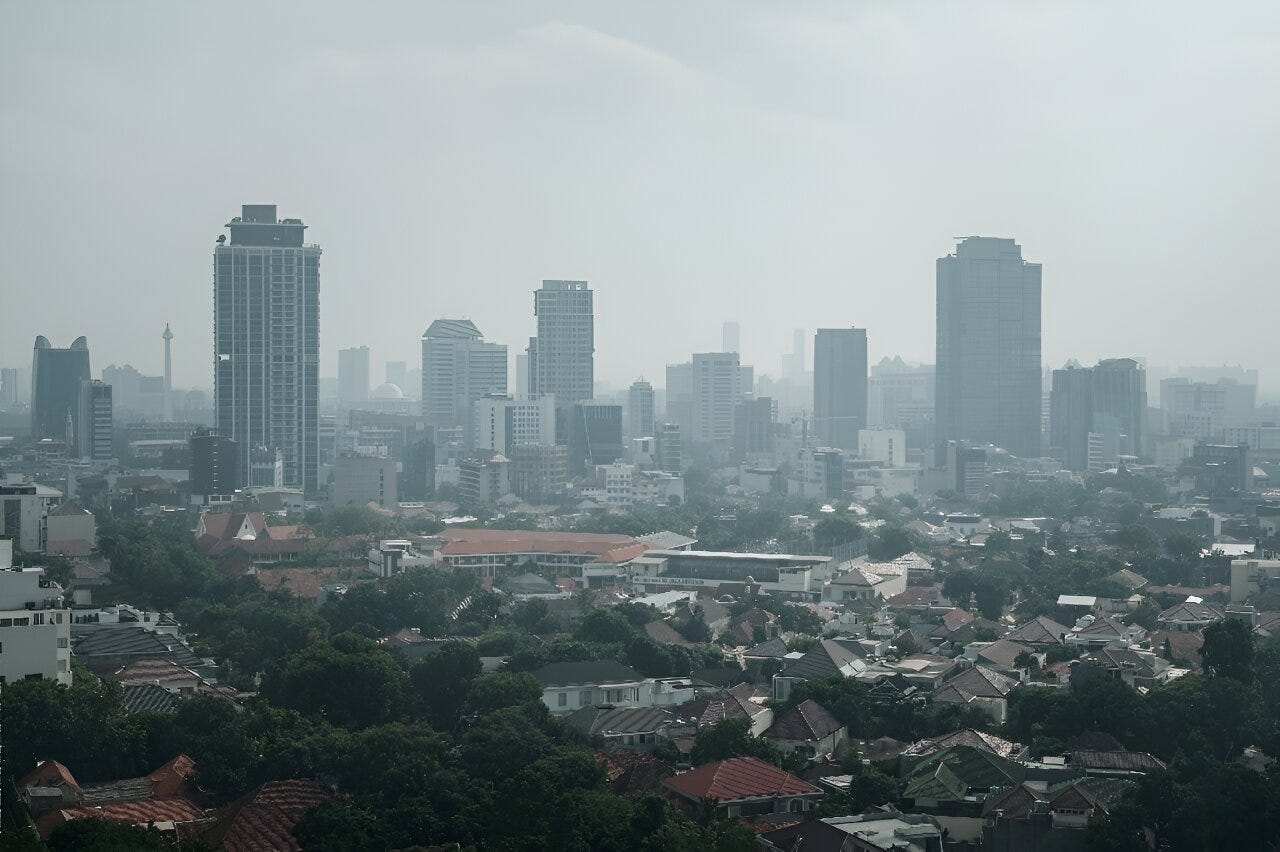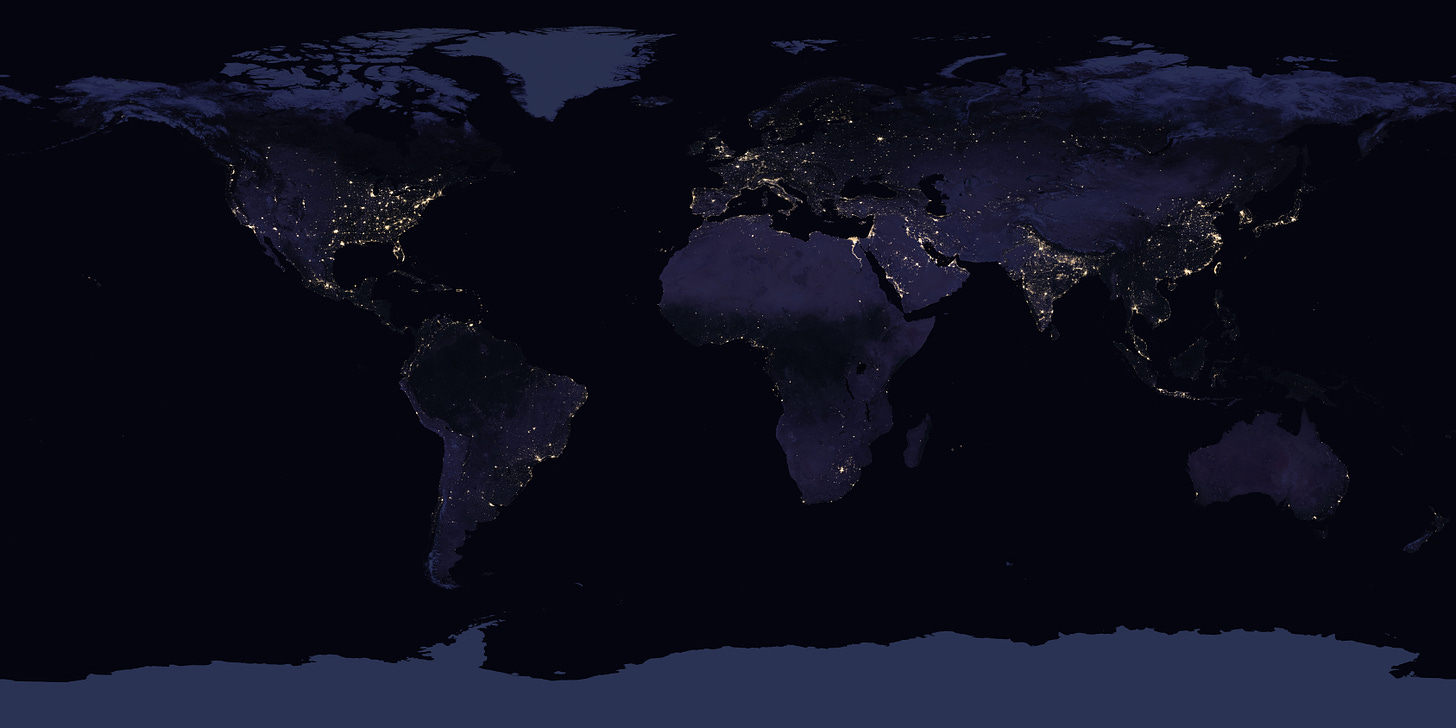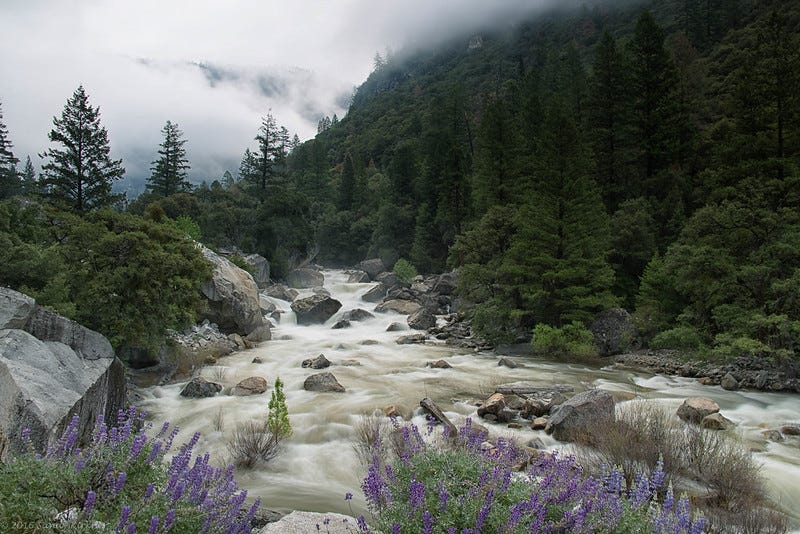Forget water wars; drifting smoke and haze spark new political spats


New Yorkers famously blamed Canada this past summer for the wildfire smoke that drifted over the city from the north and created orange skies and mask-wearing smoke for two days. Some conservative pundits even said Canada was intentionally blowing it down into the U.S. from its wildfire-plagued forests.
In Asia, such incidents are common, and mostly blamed on irresponsible burns and pollution from bad industrial actors. A bitter spat this past weekend between Indonesia and Malaysia over the origin of choking smog caused Greenpeace to call for new domestic laws across the region to deal with “transboundary haze.”
Laws and regulations that would fine or penalize companies and industries across boundaries bear watching as, unlike preset carbon trading regulations which we are starting to see in Europe, they could be wielded for political reasons. That’s a whole new dimension of climate risk for manufacturers, especially as increased climate disclosure rules require monitoring of cross-border supply chains.
Somehow Europe, which is famous for wild trade disputes and tariffs between countries, has managed to avoid transboundary pollution arguments so far. But as wildfires burn more in places such as Spain, Portugal and Greece, it looks like Asia’s fate is not far behind. Something to watch.
And woe to the next country or company to send a waft of smoke and soot over New York City again. They can make their own pollution, thank you very much.
Don’t forget to contact me directly if you have suggestions or ideas at [email protected].
Follow us . . . .
Twitter | LinkedIn | Facebook | Instagram
Zeus: Market rout threatens renewables surge at crucial time

. . . . In a climate world where most of the news flow is tragic, unprecedented, or tied to frustrating setbacks in government actions and agreements, the surge in renewables growth — particularly solar — is turning heads, writes David Callaway. A spate of recent reports suggests that the transition to renewables from fossil fuels could happen sooner than expected, perhaps even this very decade. But the financial markets rout last month threatens that growth at a crucial time as global monetary authorities admit that much of the investment needed will have to come from private investors, who have been shaken by market losses and rising bond rates. . . .
Thursday’s subscriber insights

Here’s looking at an amazing effort to bring green sunshine to the U.K.
. . . . What do you do when your nation’s sunshine is, like the U.K.’s, um, unpredictable? Import it from somewhere where the sun almost always shines. And that’s what is due to happen with the Brits planning to build the world’s longest transmission line from Morocco to Old Blighty. Some of the details. Read more here. . . .
South Korea’s LG Energy turns second U.S. battery deal in five months
. . . . It can’t be lost on Ford Motor F 0.59%↑ executives that rival Toyota TM -0.06%↓ just signed a $3 billion deal to build an electric vehicle battery plant with South Korea’s LG Energy Solutions right in their backyard in Michigan.
Ford, which delayed plans for a similar-sized plant last month amid ongoing labor negotiations with its auto workers union, had been criticized for its plans to build its plant with the Chinese. The Japanese-Korean deal will take advantage of a break in the market for auto workers there.
For Toyota, it’s another step in its transition to electric vehicles, which got off to a slow start but is now picking up quickly. It’s expanding its EV production at its largest global plant, in Kentucky.
For LG Energy, it’s the second U.S. battery deal in five months, after a deal with Hyundai, and another notch in South Korea’s race with China to be the pre-eminent electric vehicle battery maker. . . .
McCarthy successors look even worse for climate
. . . . Two pols — Steve Scalise and Jim Jordan — have jumped into the race for speaker of the House, with more candidates likely to step up. And they’re all likely to be more skeptical on climate change than even Kevin McCarthy. What does it portend? Read more here. . . .
Editor’s picks: Bear with us, please

From our “Good Climate News File”: Fat Bear Week has begun, and it’s not too late to get in on the action. As readers of Callaway Climate Insights know (or should know), we love fat bears! And we should care about the health of brown bears, which are at risk of the effects of climate change. They face changes in temperature, and in vegetation and prey, as well as greater risk from increased human-bear interactions, and they are a critical part of the ecosystem. Fat Bear Week is an annual tournament celebrating the success of the bears at Brooks River in Katmai National Park. The public gets a chance to vote for the chunkiest champion. According to Explore.org, “Fat bears exemplify the richness of Katmai National Park and Bristol Bay, Alaska, a wild region that is home to more brown bears than people and the largest, healthiest runs of sockeye salmon left on the planet.” Find out more (and watch the bears at the salmon buffet) at Explore.org’s Fat Bear Week site, or follow Katmai National Park on X, formerly known as Twitter. Fat Bear Week 2023 started yesterday and runs through Oct. 10 — that’s Fat Bear Tuesday. Your vote decides who is the fattest of the fat. Matchups will be open for voting between noon to 9 p.m. Eastern each day. Download your bracket to predict your own fat bear winner. (Editor’s note: Some of the CCI staff are rooting for 747 and Holly.)
Madrid climate summit calls for action ahead of COP28
Ministers and senior officials from dozens of countries at the International Climate and Energy Summit in Madrid on Monday called for urgent action to address climate change and put forward five objectives for COP28, the UN climate conference taking place in Dubai in late November and early December. According to a report from S&P Global’s ESG Insider newsletter, the five objectives are: Supporting the tripling of renewable energy capacity by 2030; Doubling the rate of global energy intensity improvements by the same year; Ensuring the orderly phase out of fossil fuels; Scaling up investments in renewable energy including creating financing mechanisms to promote investment in emerging economies; and Encouraging the fossil fuel industry to reduce methane emissions from their operations, with the aim of cutting them 75% by 2030.
Latest findings: New research, studies and projects

How climate change reshapes the global economy
Climate change and the public policies to arrest it are and will continue reshaping the global economy, say the authors of this ECB Working Paper titled The Climate and the Economy. According to the abstract, this discussion paper draws on economic research to identify some key medium- and long-run economic implications of these developments. It explores implications for growth, innovation, inflation, financial markets, fiscal policy, and several socio-economic outcomes. “The main message that emerges is that climate change will cause income divergence across individuals, sectors, and regions, adjustment in energy markets, increased inflation variability, financial markets stress, intensified innovation, increased migration, and rising public debt. These challenges appear manageable for EU member states, especially under an early and orderly transition scenario. At the same time, the direction, scope, and speed of economic transformation is subject to large uncertainty due to two separate factors: the wide range of climate scenarios for a given trajectory of greenhouse gas emissions and the exact policy path governments choose, especially in the context of the ongoing Russian aggression in Ukraine.” Authors: Johannes Breckenfelder, European Central Bank (ECB); Bartosz Maćkowiak, ECB; David Marques-Ibanez, ECB; Conny Olovsson, Sveriges Riksbank; Alexander A. Popov, ECB; Davide Porcellacchia, ECB; Glenn Schepens, ECB.
More of the latest research:
- IMF Fossil Fuel Subsidies Data: 2023 Update (IMF Working Paper)
- Estimating the Impact of Climate Change on Credit Risk

Words to live by . . . .
“An unspoiled river is a very rare thing in this nation today.” — President Lyndon Johnson, on Oct. 2, 1968, when he signed the Wild & Scenic Rivers Act into law.






